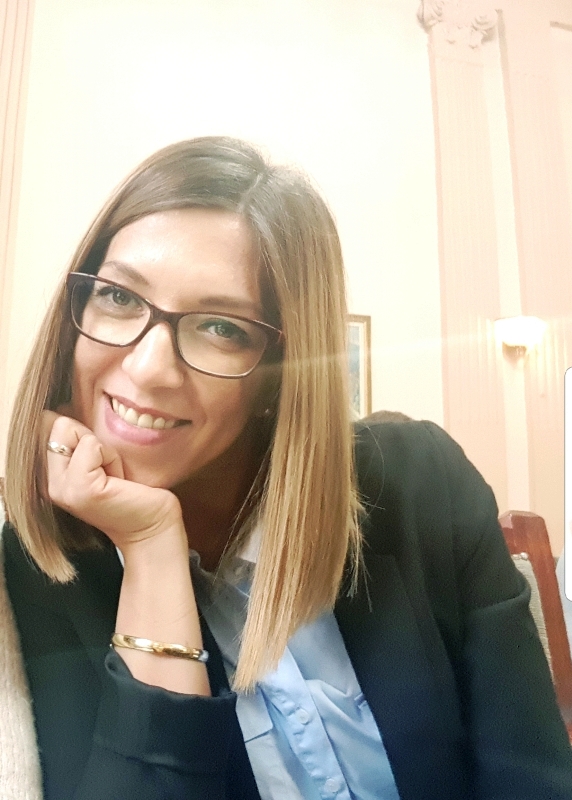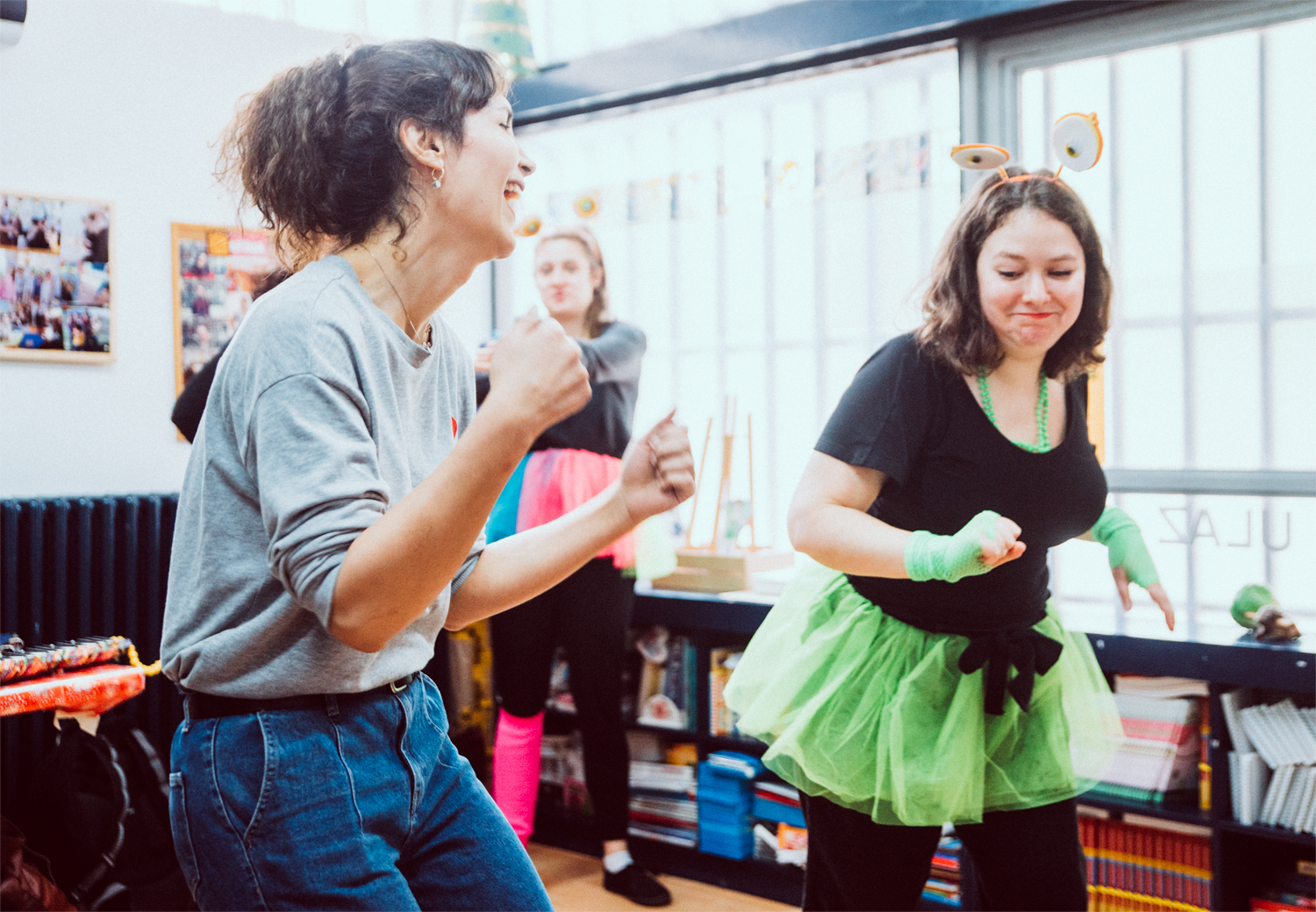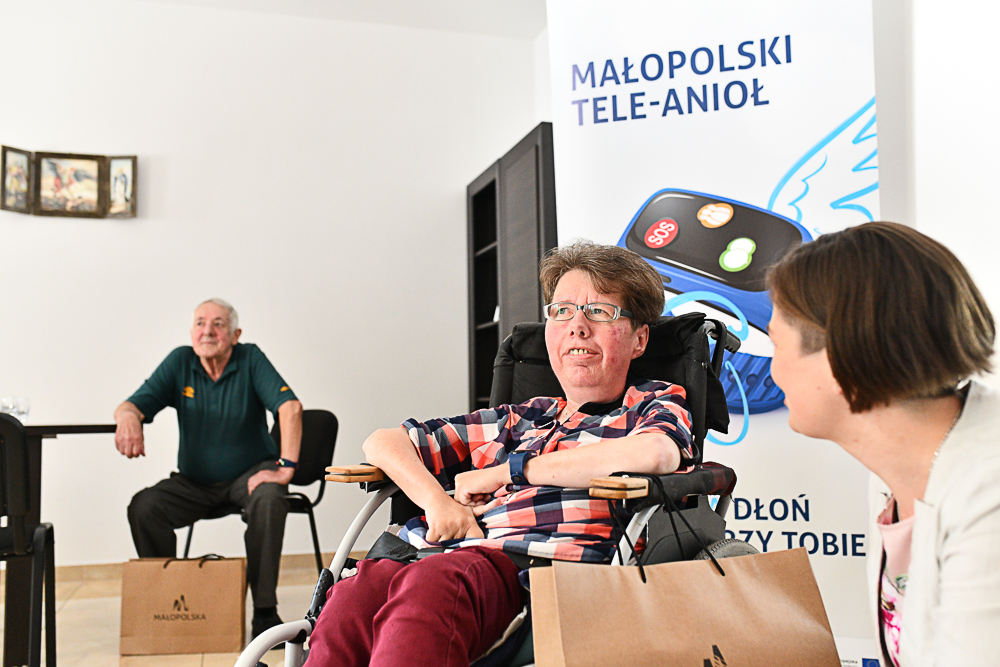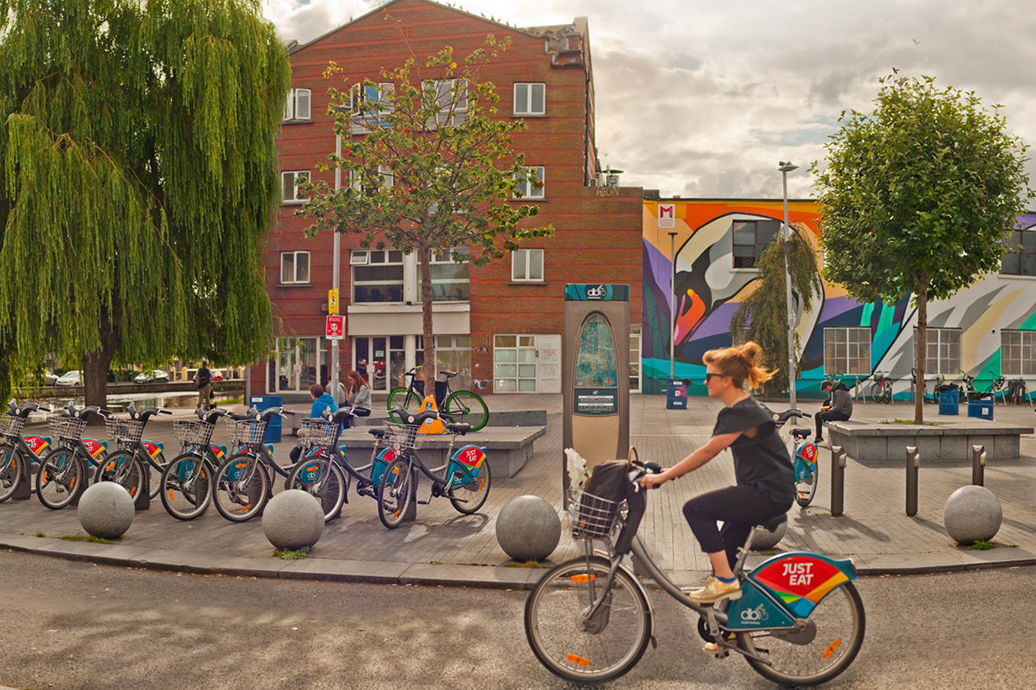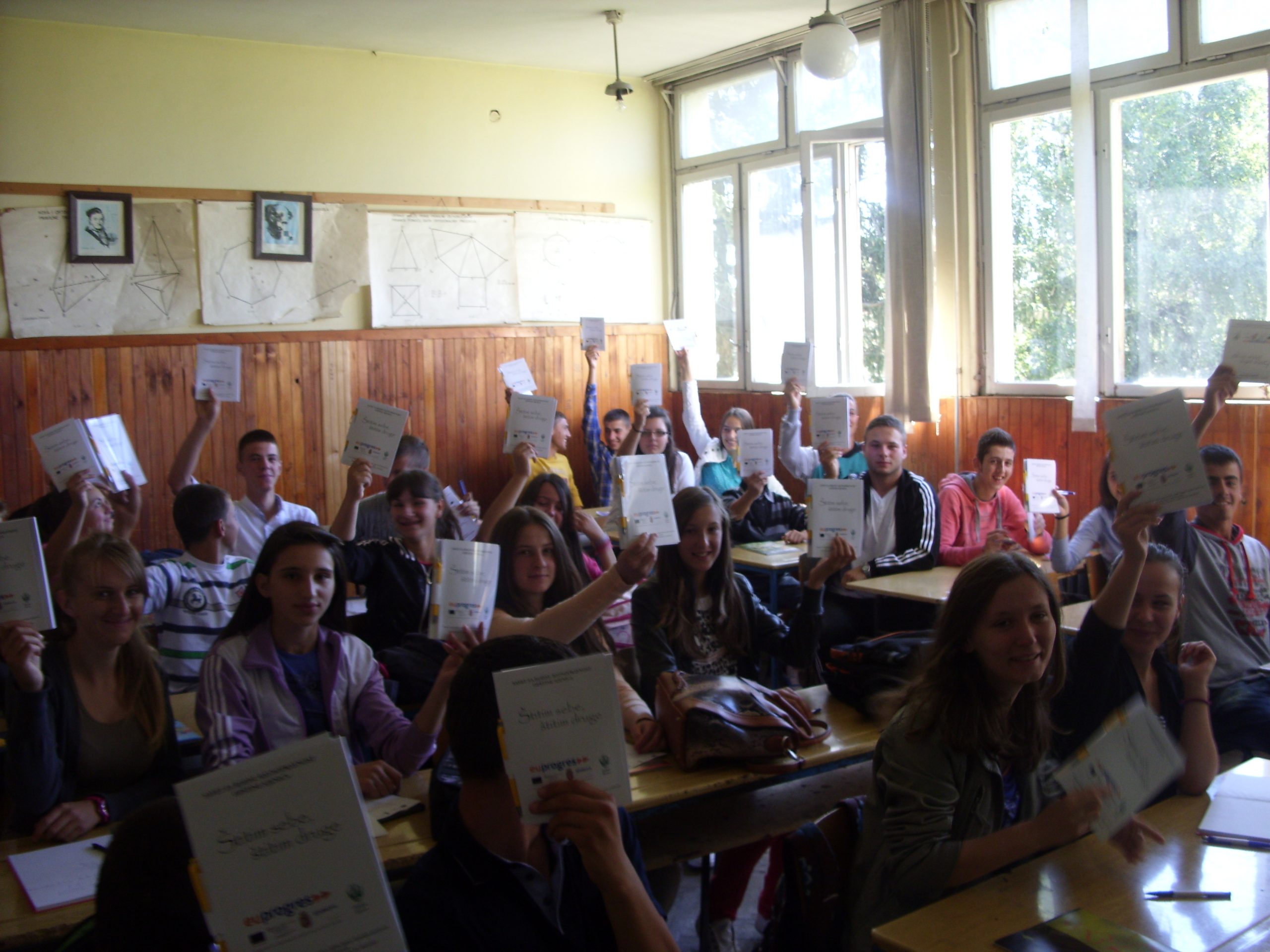
This campaign provides information about reproductive health in secondary schools, as well as free gynaecological check-ups for middle-aged women, generally motivating self-care in the region.
challenging taboos and addressing inequalities
The goal was to educate the community, especially young people, about reproductive health with a focus on protection from, and prevention of, health issues. Due to traditional taboos and inequalities in the understanding of reproductive health, as well as all the consequences of neglecting the health of middle-aged women, the project created the opportunity for various social classes to gather and focus on the same topic. Members of the Council defined the results and activities of the project, with support of EU donations and the Municipality of Sjenica.
EXPERTS VISIT SCHOOLS IN Sjenica
Visits to various secondary schools by groups of experts in Sjenica were organised, including doctors, psychologists, social workers, municipal staff, teachers in schools, young people, and women. The groups provided information, lectures and training, and engaged the attendees in discussions. Basic information about sexual and reproductive health was provided. During the implementation of this activity, discussion was the primary working technique. In activities aiming to raise the awareness of issues, the focus was on the experts' input. Data was also collected for the database as the next step in understanding the issues faced by the Municipality. The second part of the project activity was to provide a free, full gynaecological examination for middle-aged women, who are at increased risk of reproductive ill health. The project considered a routine gynaecological examination as a good screening and prevention instrument. This activity was implemented in the health centre.
PREVENTIVE MEDICAL EXAMINATIONS ON THE RISE
The project has managed to raise important issues of gender equality, including the position of women in society and the importance of health care. Furthermore, it raises awareness amongst young people about the importance of reproductive health. It was very obvious that during project implementation, children and their parents talked more frequently about sexual and reproductive health. Thus improving family cohesion, as the foundation of society. Having organised lectures for 500 high school students, young people became better informed about reproductive health. Before the lectures, 54.4% of participants had not even understood the term 'reproductive health'. In addition, the Gender Equality Council has become more visible to fellow citizens. Through the promotion of preventive medical examinations over nine months, 5640 examinations were made, which is a significant increase compared to the previous twelve months, over which only 4168 examinations were made. The project successfully motivated women to go to examinations and therefore take care of their own health.
Due to traditional norms that prescribe that women are supposed to be at home dealing with housekeeping, women often neglect their general health and reproductive health as well.
